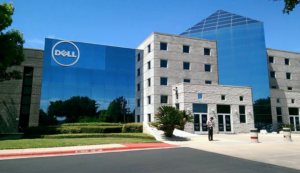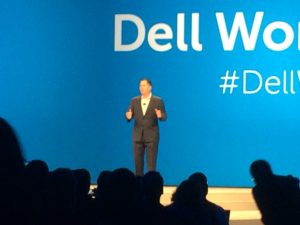 When Austin Ventures closed on a nearly $900 million fund in 2008, it appeared that Central Texas’ dominant investment firm was well-positioned to capitalize on the gathering credit crisis.
When Austin Ventures closed on a nearly $900 million fund in 2008, it appeared that Central Texas’ dominant investment firm was well-positioned to capitalize on the gathering credit crisis.
But Austin Ventures’ deal volume slumped during the last couple of years, and the portion of the investments it makes locally declined during 2009 for the second consecutive year. The firm has been a major source of capital for dozens of local technology companies since 1979, and several factors — including its fund size — are contributing to its waning local influence, industry observers said.
Austin Ventures made more investments in 2007 than it did through all of 2008 and 2009. More importantly, 31 percent of the firm’s 2009 investments were in Austin-area companies compared with 56 percent during 2008 and 62 percent during 2007, according to Dow Jones VentureSource.






